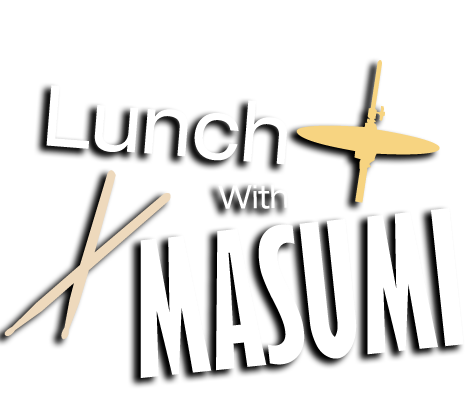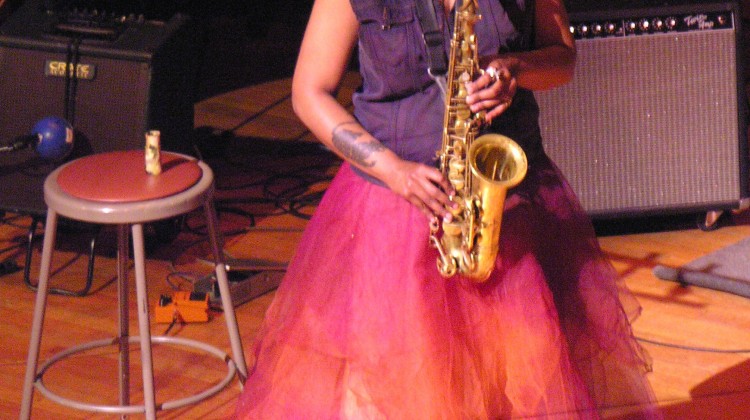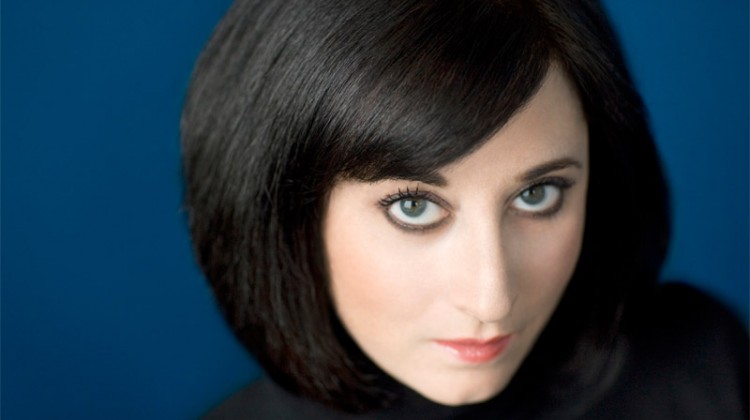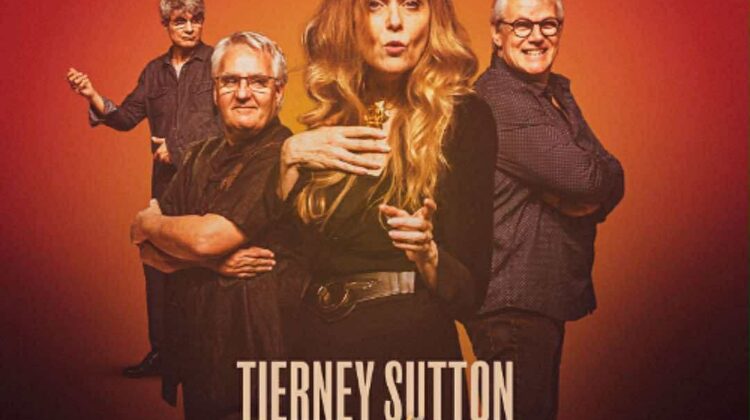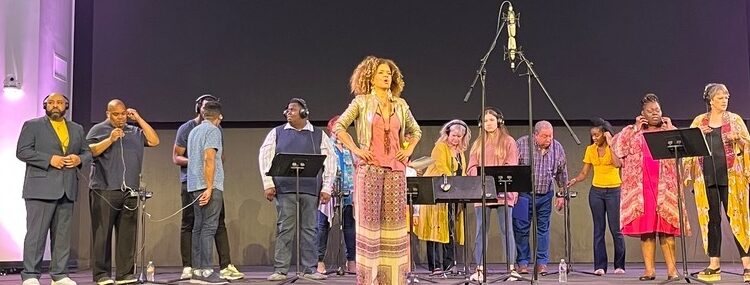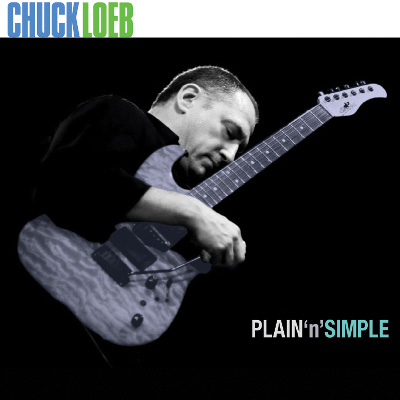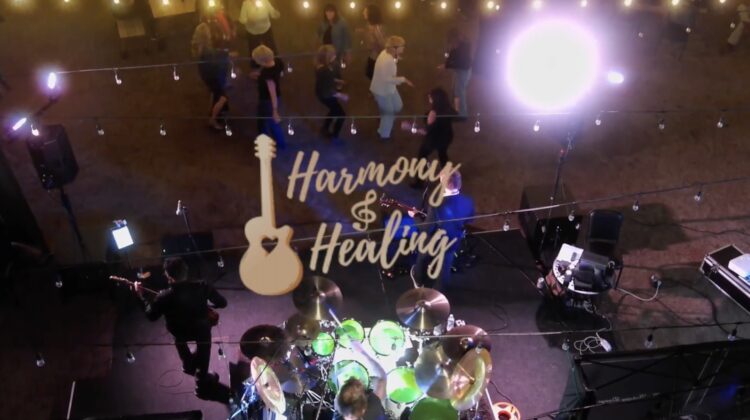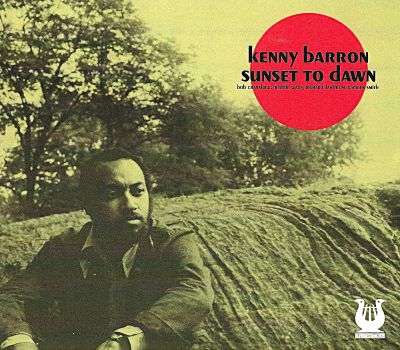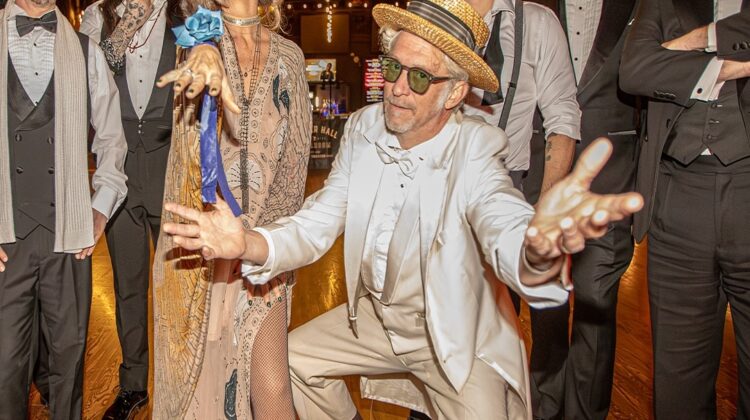The East African
Those who have watched South African jazz supremo Hugh Masekela on stage, know he is the ultimate performer. He sings, plays his trumpet, does jokes and everything else to engage the audience. His recent performance in Nairobi was no different.
Masekela told this story: The ambassador of South Africa was having a conversation with his US counterpart on the eve of the launch of Apollo 11 in ‘69. “This is the reason why America is on top of the world. No other country has ever put a man on the moon,” the American bragged. “We will do better than that,” the South African diplomat responded, unimpressed. “We will be the first country to take a man to the sun.”
“That is impossible,” the American responded, “No one can reach halfway to the sun without roasting to death!”
“You think we are foolish?…we have taken measures to ensure that never happens.” “Which is what?” the American persisted. After a theatrical silence, he said: “We will take our man to the sun at night!”
The crowd that had filled the Carnivore restaurant to the rafters burst into laughter.
Jazz is more or less mental. But Masekela, the storyteller, broke the monotony of passive listening with tales, jokes and on stage theatrics comprising his comical “man climbing imaginary rope” dance style, his flugulhorn doing most of the talking.
Nairobi’s glitterati had packed Carnivore’s Simba Saloon, forking out $30 for an evening of Africa’s finest jazz. I arrived at 9pm and Masekela was playing Chileshe. I was two hours late and had missed the curtain raiser performnace by local jazz pianist Aaron Rimbui.
Despite standing for the entire two hour show, it was worth every minute. Masekela’s compositions are social and political commentaries. Bring Him Back Home was the anthem for the movement to have Nelson Mandela freed in the 1980s, and Khawuleza, is about police harassment of Sowetans who were fond of having their tipple anywhere they found it and at all hours in the 1970s. Thanayi tells of a flabby woman with troubled relationships. others were Market Place about Masekela’s first visit to Congo. The bulk of the songs were from the album Sixty (when he turned 60) and The Best of Hugh Masekela — a blend of afro-beat, mbaqanga, kumbe, funk, soul and rock.
Masekela gave a high octane performance — it was impossible to imagine he is 72 — wiping his sweaty brow with a white towel that an overzealous fan kept as souvenir, sweat and all. “We employ her to do that in all our concerts,” he joked.
Masekela was awarded the 2007 African Music Legend Award, and the International Award of the Year, 2002, BBC Radio Jazz Awards.
For repeat concert goers, well, there was a sense of déjà vu as the night’s play list was little different from that of his performance in 2008 at the Nairobi Arboretum during the Sawa Sawa Festival. There was therefore a definite anticipation he would perform The Coal Train (Stimela), a very slow number about oppressed coal miners in apartheid South Africa, and Lady, Fela Kuti’s tribute to African women. And the crowd sang along to the signature chorus:
If you call a woman an African woman, she no go ‘gree
She go say I be Lady O!
Traditional
Much of Masekela’s music is drawn from traditional South African style of mbanqanga. He says he does not allow too much technology to “spoil” the music. Masekela provides the vocals on some of the songs but allows plenty of space for his flugelhorn too.

